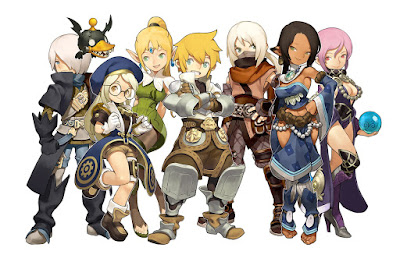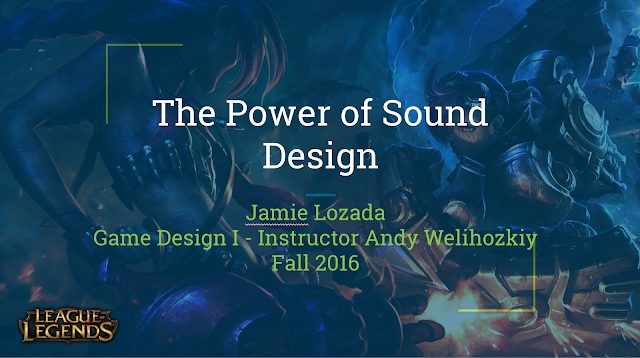 |
| Playing Dragon Punch - by Koen Hendrix |
With the goal of deconstructing a short Print-N-Play game, I was able to scout out
Dragon Punch, a quick card game that emulates fighting. Two players are given 6 basic cards plus a character card. Each card has an attack, block, or evasion maneuver as well as a white side and a red side and each player must attempt to drop their opponents health points (HP) down to 0.
 |
| HP Mechanic - No. of White Side Up = Remaining HP |
•
Goal of the game: Bring the opponent's HP down to 0 first in a game best 2 of 3.
• Core Mechanic: Read the different skills on 6 given cards and use the skills (flip them over so they are facing your opponent) to reduce their HP.
• Space of the game: The entire game can occur in each of the players hands. Within that space, there are two different spaces: The cards that haven't been used (cards still facing away from the opponent), and cards that have been used (cards facing the opponent). During each turn (both players go at the same time), the cards that are flipped are the cards that determine what skills are in play.
• Objects, Attributes, States: The cards are the only object in the game. There is no necessary board or table. Each card has their own specific attributes: Their attack speed and attack damage, or some form of utility, whether it be blocking or evading. If a player takes damage, 2 for example, they must flip any 2 of their cards over from white to red. This effects that state of both the skills the cards have and the HP the player has. The number of cards with the white side up represent the amount of HP a player has.
 |
| Rules of Dragon Punch |
•
Operative Actions: Choose which cards to
flip (turning towards the opponent) into play and which cards to
switch (turn over to the red side of the card) upon taking damage. Nothing else aside from that.
• Resultant Actions: Both players start with the exact same type of cards. The order they play it in is what changes. If one I flip, for example, a very defensive card in anticipation for a very strong attack from my opponent, he/she is now aware that I no longer have a defensive card to play and can strategize off of the cards I have used. Much of the game is based upon reacting to the cards your opponents use in order to counter play your opponent.
•
Rules: Some parts of the rules are a bit counter intuitive. The attack cards have numbers on them which represent attack speed and the lower the number is, the quicker the attack is supposed to be. Quicker attacks overshadow slower attacks. Another note is one of the cards, specifically the
Throw card states "attacks with an attack speed 1 beat this card." It is also the slowest card each player has, coming in at 5. This quote seems to imply that
only attack speed 1 cards can beat it, although that would contradict the attack speed rule stated earlier. Those two points aside, the rules are pretty balanced; at no point during the game does either player gain an imbalanced advantage over the other.
• Skills Learned: Reading the opponent and utilizing gained information (opponent's flipped cards) to create a strategy to win efficiently.
• The Role of Chance: Chance is not prevalent within the game. At any point in time, both players know at least what card they are going to flip into play. There are no results yielded from a source both players have no control over, like a dice.





















